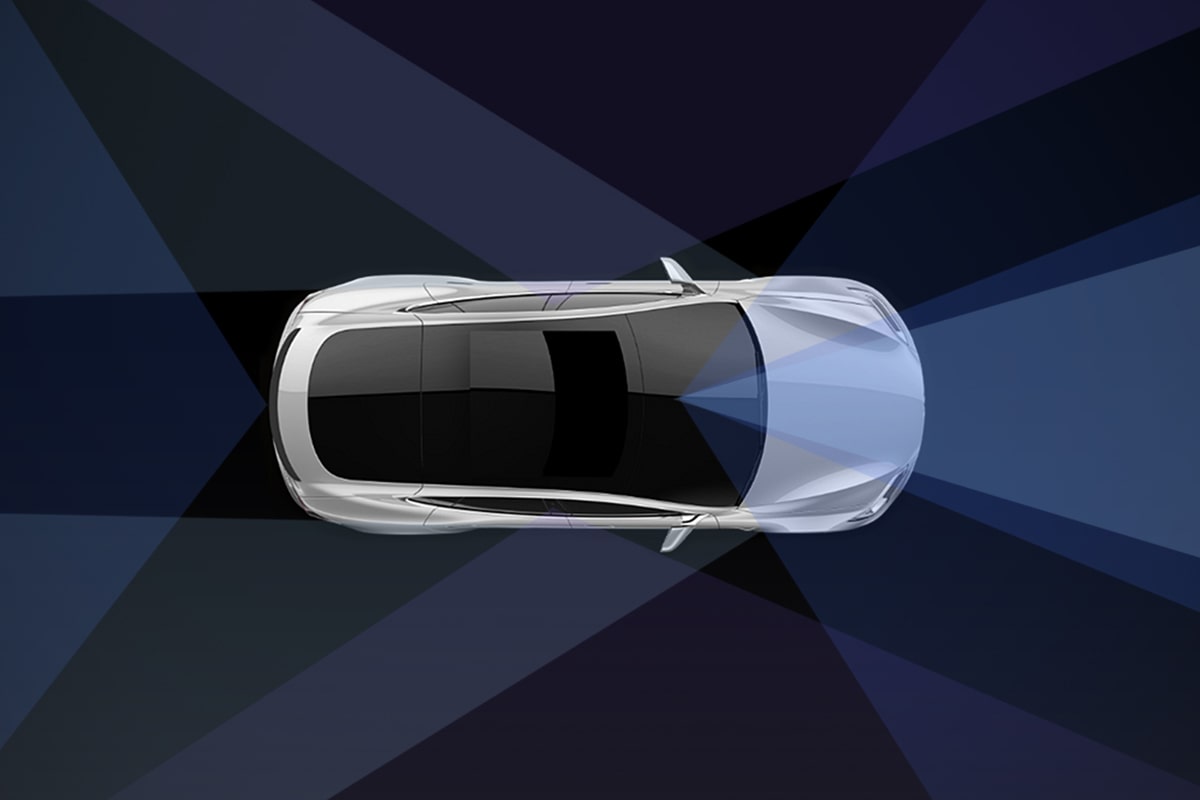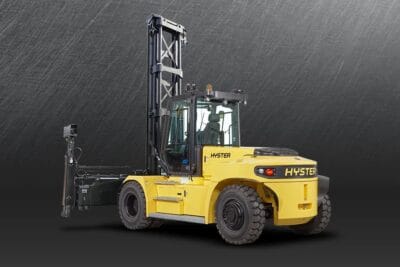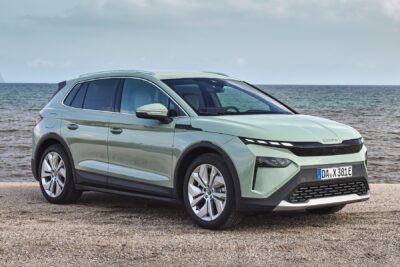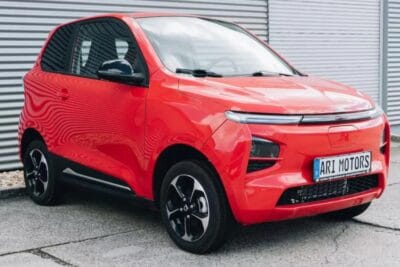California struggles to keep up with legal framework on autonomous driving
San Francisco serves as a kind of public testing ground for hundreds of such self-driving cars, some of which have already been observed running red lights, blocking emergency services or driving into roadworks.
This has thus essentially led to the state becoming a testing ground for hundreds of self-driving cars despite ongoing safety concerns. Autonomous vehicle makers have also responded stating that their cars need to keep logging miles to improve the technology and make them safer.
Law enforcement in California currently doesn’t have the tools to deal with driverless cars, as in the state, traffic tickets can be written only if there is an actual driver in the car. An internal memo from San Francisco Police Chief Bill Scott, obtained by NBC Bay Area, instructs officers that “no citation for a moving violation can be issued if the [autonomous vehicle] is being operated in a driverless mode.” This has resulted in autonomous vehicles receiving parking tickets, but no driving violations.
“I think all of us are still struggling to understand whether [driverless cars] really are safer than human drivers and in what ways they might not be,” said Irina Raicu, the director of the Internet Ethics program at the Markkula Center for Applied Ethics at Santa Clara University. She further added: “It seems like while they make fewer of the kind of mistakes that we see from human drivers, they make interesting new kinds of mistakes.”
“I think it sends a message that it’s not a level playing field, that fairness is not the priority,” explained Michael Stephenson, founder and senior attorney of Bay Area Bicycle Law, which specializes in cyclist accident cases. He added: “We’re perhaps trying to shove a square peg into a round hole. We are very much in the Wild West when it comes to driverless cars.”
Interestingly enough, Texas, which is the home state to Tesla after the company moved away from California, considers the owner of a driverless car as its operator. In its current standing, the owner can be charged “regardless of whether the person is physically present in the vehicle.” Arizona has also written up a legal framework to deal with autonomous vehicles, and autonomous vehicle owners “may be issued a traffic citation or other applicable penalty if the vehicle fails to comply with traffic or motor vehicle laws.”





0 Comments